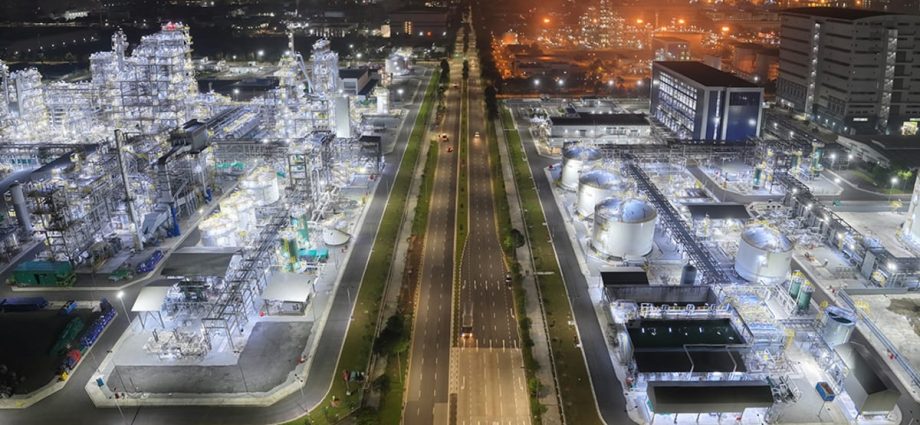
Achieving such an ambitious target would require substantial investments in infrastructure beyond planting more trees and crops. It will also need to be supported by advanced technology to revolutionise biofuel production.
In Singapore, a 20-month sustainable aviation fuel pilot by the Civil Aviation Authority of Singapore, Temasek-backed investment platform GenZero and Singapore Airlines has yielded positive results. The aviation authority stated Singapore is ready to switch to sustainable aviation fuel but highlighted the need for more support to upscale. Still, the sheer magnitude of the targeted growth is daunting, even with economic incentives and policy support in place.
One also cannot overlook the shadow of environmental costs. A 2020 report by the European Union revealed that an area as large as The Netherlands has been used to support biofuel production over the last decade. This is a land size that is around 58 times that of Singapore, dedicated to growing crops like soy and palm oil, among others, for biofuel production.
As it stands, palm oil is a fuel source with a bad reputation. Aside from links to deforestation and habitat destruction, it has also been involved in fraud cases. The EU has been investigating cases of biofuel authenticity, where some suppliers in Asia have been accused of mixing palm oil with other substances, fraudulently labelling them as sustainable fuel to cash in on EU import incentives.
Ramping up sustainable aviation fuel production to 28 times the current output without an update to existing biofuel production technologies would therefore cause greater deforestation and bulldoze biodiversity at an extraordinary pace, in addition to higher potential for fraudulent practices.
Perhaps the most crucial challenge of all is monetary cost. Biofuels carry a heftier price tag, sometimes twice as much as conventional fuels. Are today’s consumers willing to foot the bill for greener fuel at the expense of possibly costlier groceries?
Biofuel production involves planting crops for fuel use, which directly competes with agricultural land use to feed the population, leading to the possibility of higher food costs.
Pursuing cleaner energy may thus inadvertently burden household budgets, forcing consumers to balance environmental aspirations with economic realities.

